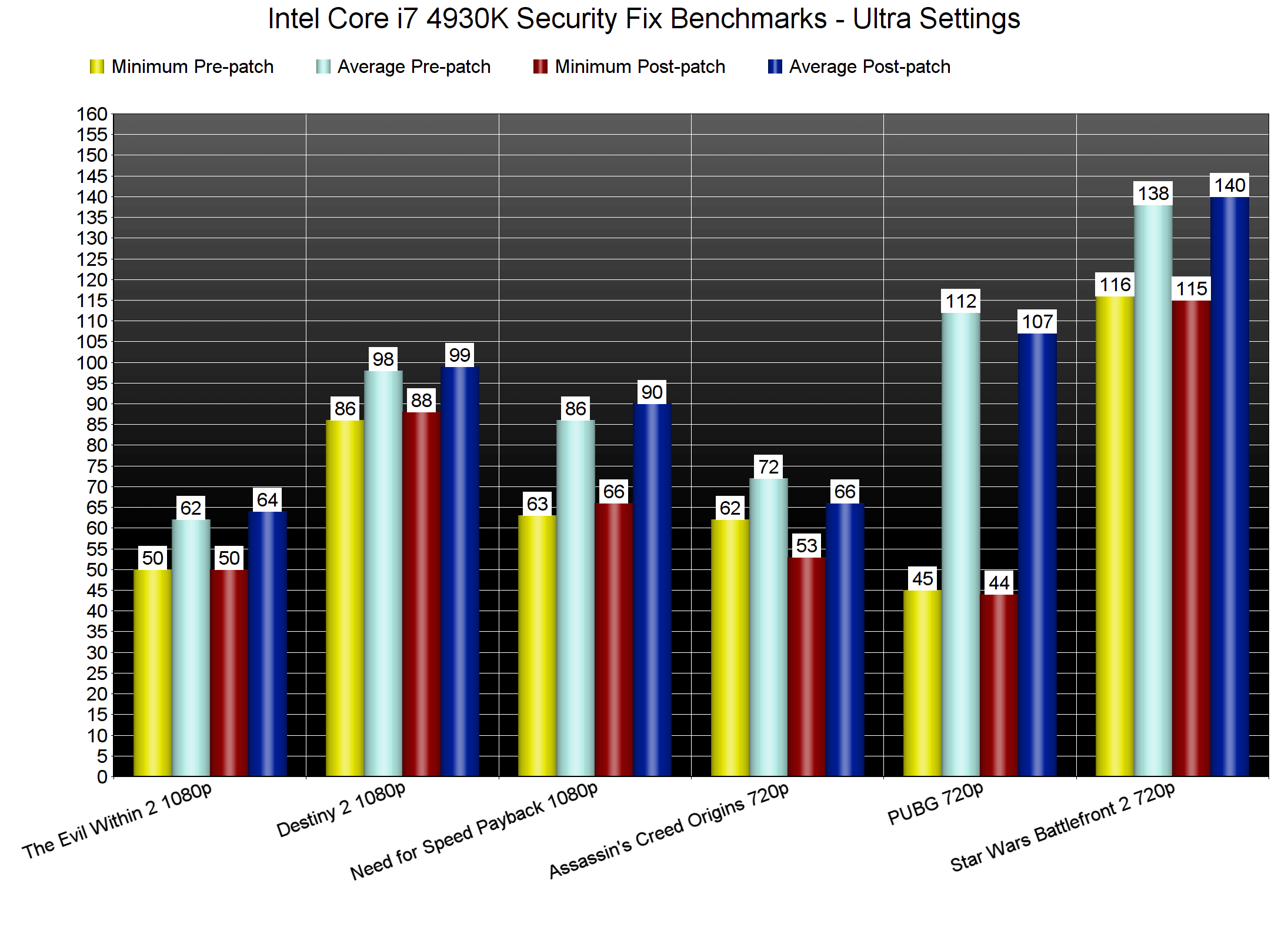- Joined
- Aug 20, 2007
- Messages
- 22,219 (3.44/day)
- Location
- Olympia, WA
| System Name | Pioneer |
|---|---|
| Processor | Ryzen 9 9950X |
| Motherboard | MSI MAG X670E Tomahawk Wifi |
| Cooling | Noctua NH-D15 + A whole lotta Sunon, Phanteks and Corsair Maglev blower fans... |
| Memory | 128GB (4x 32GB) G.Skill Flare X5 @ DDR5-4200(Running 1:1:1 w/FCLK) |
| Video Card(s) | XFX RX 7900 XTX Speedster Merc 310 |
| Storage | Intel 5800X Optane 800GB boot, +2x Crucial P5 Plus 2TB PCIe 4.0 NVMe SSDs, 1x 2TB Seagate Exos 3.5" |
| Display(s) | 55" LG 55" B9 OLED 4K Display |
| Case | Thermaltake Core X31 |
| Audio Device(s) | TOSLINK->Schiit Modi MB->Asgard 2 DAC Amp->AKG Pro K712 Headphones or HDMI->B9 OLED |
| Power Supply | FSP Hydro Ti Pro 850W |
| Mouse | Logitech G305 Lightspeed Wireless |
| Keyboard | WASD Code v3 with Cherry Green keyswitches + PBT DS keycaps |
| Software | Gentoo Linux x64, other office machines run Windows 11 Enterprise |
@nem..
So, AMD is only affected by Spectre1 and even that ONLY under Linux. Windows is not even affected.
Any info if AMD's software fix for Spectre1 also degrades performance in any significant way?
I'd be highly distrustful of that chart.
Of course, I've been wrong before today, but that chart doesn't make much sense at all to me.
The good news? Chart or no chart, specter in general does not appear to have a performance impact because it can't really be fixed. It also makes 0 difference outside of datacenters (minus maybe maybe maybe another avenue for malware if you are careless). So yeah.







